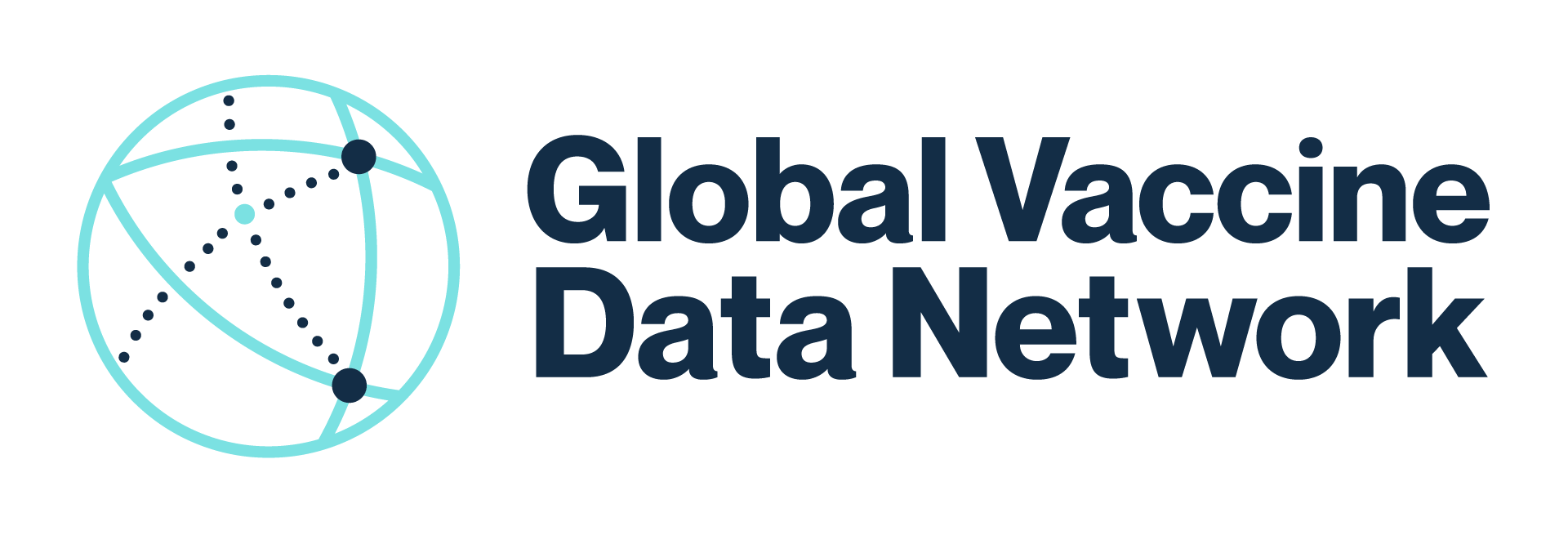Plasmid-gate: Debunking the DNA contamination claims in mRNA vaccines
The "Plasmid-gate" theory claims mRNA vaccines are tainted with DNA that can alter human genes or cause cancer. This post debunks these misconceptions and explains why these claims fall short of scientific credibility.





